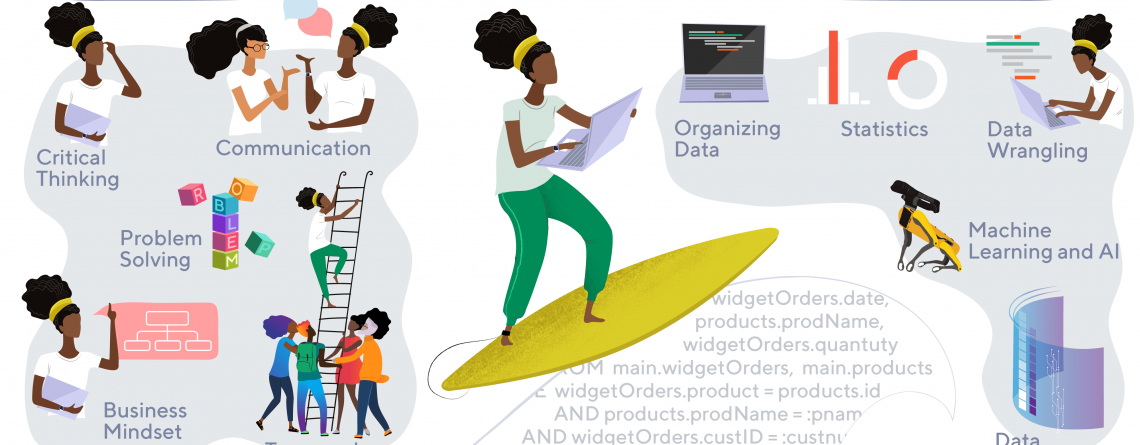How Machine Learning Is Disrupting Traditional Industries
Technology has many facets that are disruptive to the workforce, but machine learning, in particular, is set to completely change the future of work. The field itself is the study of computer algorithms that improve themselves automatically through experience. Machine learning is also a byproduct of the artificial intelligence field.
When it comes to how technology will disrupt industries as a whole, machine learning will be leading the charge. There are a number of ways that this field is going to disrupt the workforce, but the most surprising fact of it all is that non-tech companies are going to see some of the most widespread disruptions.
Automation
Artificial intelligence and machine learning are two fields that are set to redefine the word automation. Throughout history, automation has been one of the biggest disruptors to technology, with famous examples such as robotics taking over the manufacturing lines.
Traditionally speaking, automation could only occur in very basic job tasks but, in today’s society, machine learning is enabling automation to take over entire industries such as finance or accounting. In fact, Forbes estimated that the machine learning market will be worth $30.6 billion in just four years.
Clearly this is one of the fastest and strongest growing fields of technology, so getting in front of it is extremely important. As far as preparing, if you have yet to obtain a degree in a field, consider choosing computer science as your major. Alternatively, coding bootcamps are available that can give you skills in multiple programming languages. This will be, and already is, extremely important to the development of machine learning.
New Career Paths
Machine learning itself has the potential to bring about new and unique career paths in traditional industries. There are non-tech industries that will inevitably feel the disruption new technologies are causing. After all, tech jobs are growing at an estimated 12 percent according to the Bureau of Labor Statistics.
To survive, certain non-tech focused companies will be forced to integrate computers and artificial intelligence at their offices if they hope to survive in the digital age. Therefore, these non-tech companies will be forced to hire employees who have a knowledge of technology and are capable of troubleshooting it as well. More and more people are learning to become software engineers due to this rising demand for employees who can meet companies’ technological needs.
The biggest misconception revolving around the advancement of technology is that non-tech industries will be unaffected. Truthfully, they will be affected the most as they struggle to adapt and compete against companies that have a higher knowledge of machine learning and technology in general.
Higher Salaries
Now, higher salaries aren’t magically going to appear for all jobs across America, unfortunately, but tech-based jobs are set to see a healthy rise in salary. It seems counterintuitive because the unique skills that tech workers of the past held were a large reason for the impressive salaries they had.
However, with the rise in trade schools and bootcamps, many around the world are becoming skilled with technology. For example, there are a number of data science bootcamps that can provide students with an accredited degree in the field. Keep in mind that data science used to require a full-blown master’s degree, but now anyone from anywhere in the world can enter the field quickly.
This overall rise in the competition will have a profound effect on tech salaries within some of the top industries in the market. If one company does not offer a high enough salary, there will be enough of a demand for skilled tech employees that they can just go to another company that is more than willing to offer higher pay. This will eventually snowball to the entire tech industry and a general rise in tech salaries will occur.
Conclusion
Machine learning is one of the biggest aspects of artificial intelligence and technology as a whole. To that end, it will also bring about some of the largest disruptions the workforce has ever seen. While the exact results of all the disruption it will cause cannot be predicted now, the above three disruptions are emerging quickly on the horizon. Getting out in front of these changes is the best way to prepare oneself for the future of work and retain steady work as technology merges with the workforce.


